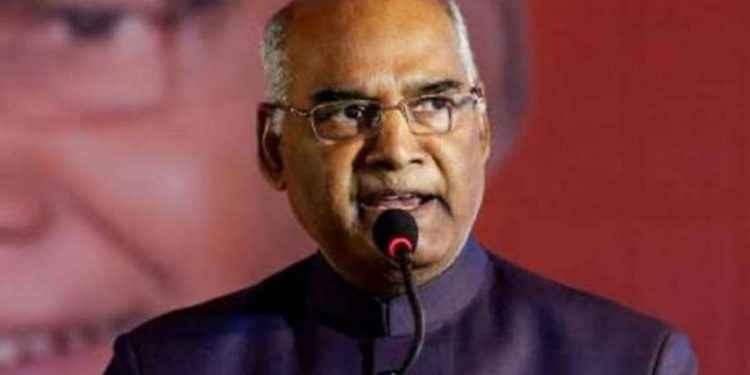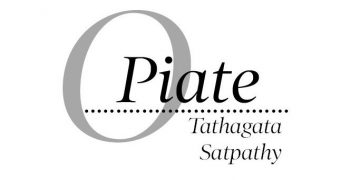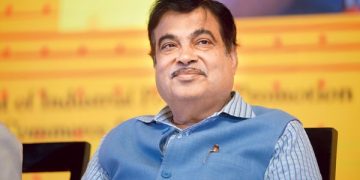Chennai: President Ram Nath Kovind Friday advocated translating high courts’ judgements into vernacular languages so that people are able to understand them.
“Over the years, our understanding of law and its applications has become larger and sophisticated,” he said addressing a special convocation of the state-run Tamil Nadu Dr Ambedkar Law University.
Yet, Kovind asked, if enough attention was being paid to issues of legal infrastructure and access to justice, especially for ordinary citizens and added that there was a need to enhance legal literacy and simplify the legal rules.
“It is important to not only take justice to the people, but also to make it understandable to litigating parties in a language they know. Perhaps, a system could be evolved whereby certified translated copies of judgments are made available by high courts in local or regional language,” he said.
The President recalled that he had put forth this suggestion in October 2017 while addressing the valedictory of the diamond jubilee celebration of the Kerala High Court.
Later when he visited Chhattisgarh, he had discussed the same idea with the then Chief Justice of the Chhattisgarh High Court Justice T B Radhakrishnan, now Chief Justice of the Calcutta High Court.
And within a few days, the Chhattisgarh High Court implemented the suggestion, following which litigants were able to avail translated copies of its judgments in Hindi.
“I am happy to learn that some other high courts have also responded to the suggestion positively. The language of certified copies could be Malayalam in the Kerala High Court or Tamil in the Madras High Court, as the case may be,” he said.
Political parties in Tamil Nadu have for long been clamouring for Tamil as a court language in the Madras High Court. Batting for equal access to law for poor and disapproving abuse of adjournments, the President said the need to make the provision of justice speedier and affordable places a great responsibility on the lawyer community.
“Our legal system has a reputation for being expensive and prone to delays. There are some who tend to use and abuse the instrument of adjournments as a tactic to slow down proceedings, rather than a response to a genuine emergency.
“This makes obtaining justice costly for the litigant. It would be a travesty of our republican ethic if a poor person did not get the same access to the law as a rich person,” he said.
Kovind congratulated Justice P Sathasivam (Governor of Kerala and former chief justice, Supreme Court), Justice Sharad Arvind Bobde (judge, Supreme Court) and Justice V K Tahilramani (Chief Justice, Madras High Court) who were conferred LL D (Honoris Causa) degrees by the varsity for their distinguished services to law and justice.
“I am told that this is the first time in the country that a university is conferring LL D degrees on three jurists on the same occasion,” he said.
Chief Minister K Palaniswami, greeting the three jurists on being conferred the degree of doctor of law, said as per the Constitutional scheme of things, the four pillars of democracy — judiciary, executive, legislature and the press — should function independently within their respective spheres and only then people could live happily. “I am very happy to say that in Tamil Nadu, these four organs are functioning independently,” he said.
Palaniswami urged the judiciary and judges to take appropriate steps to realise the vision of ‘Amma’ (former chief minister J Jayalalithaa), who had said it was the collective responsibility of all to ensure that all the benefits of law reach the poor.
The state-run law varsity was providing quality legal education at a very low cost in Asia, he said and listed out his government’s initiatives for the development of legal education in Tamil Nadu, which included sanctioning three more law colleges this year.
Tamil Nadu Governor Banwarilal Purohit, Law Minister C V Shanmugam and Madras High Court judges took part.






































